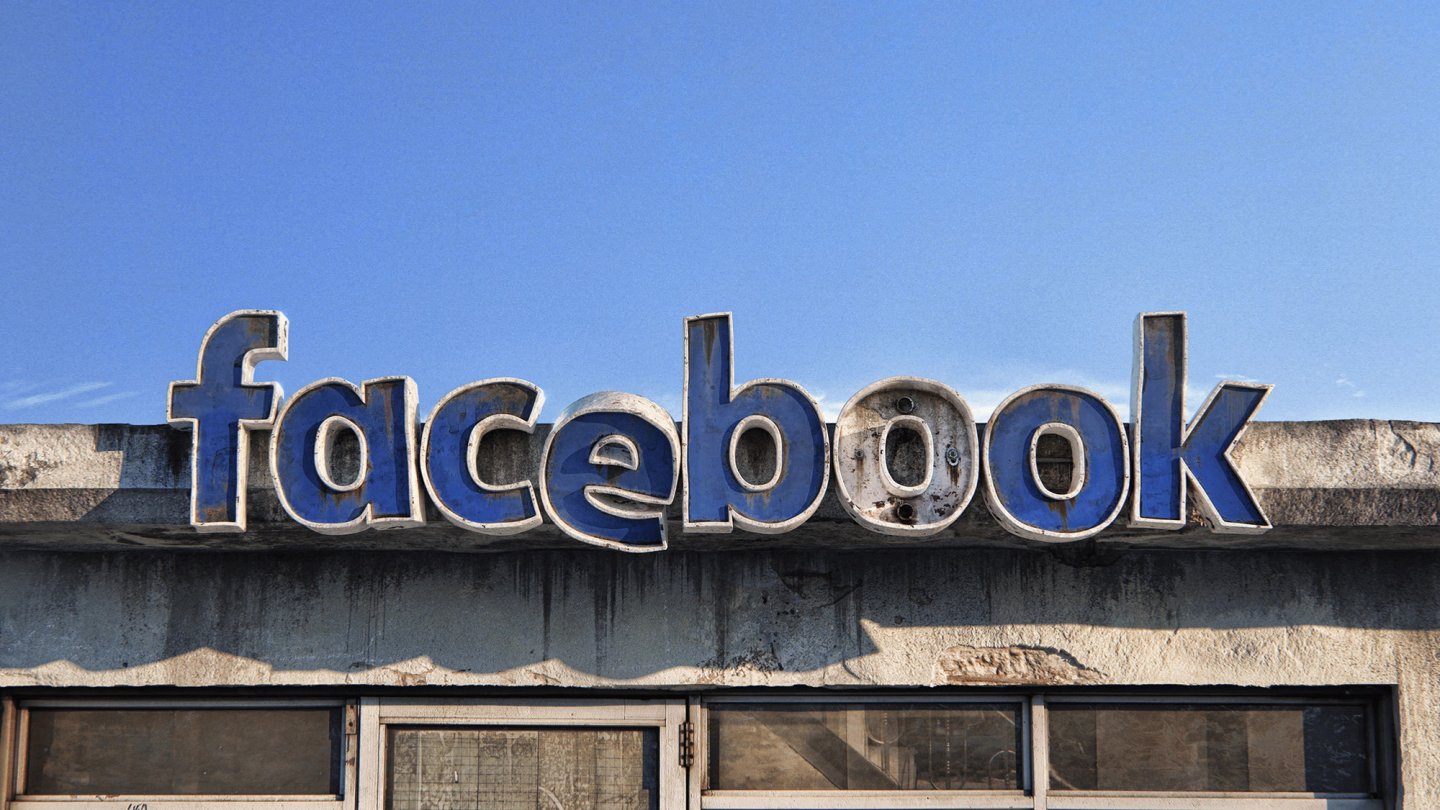
Business -- 16 days ago

Words: Gentleman's Journal
In December, grey clouds loomed over Facebook HQ as the Federal Trade Commission, together with 46 state prosecutors and the District of Columbia and Guam, sued the social network, citing that it had illegally hoovered up rival companies in an aggressive attempt to stamp out competition.
Discover the perks of being a member
| Clubhouse Membership | |
|---|---|
| Quarterly MagazineDelivered to your door | |
| Unlock DigitalAccess to all member-only online features | |
| Exclusive Interviews and FeaturesIn-depth stories and insights. | |
| Membership Cardto redeem all the perks. | |
| Members Invites to private Clubhouse events | |
| Weekly newsletter Straight to your inbox | |
To receive the latest in style, watches, cars and luxury news, plus receive great offers from the world’s greatest brands every Friday.
